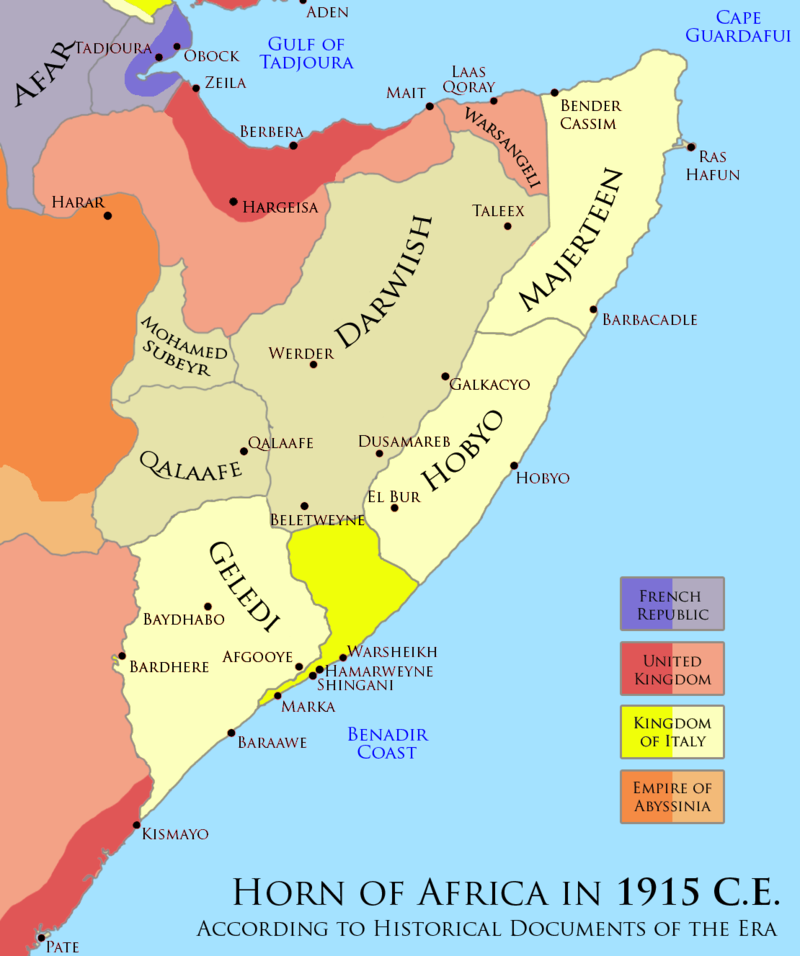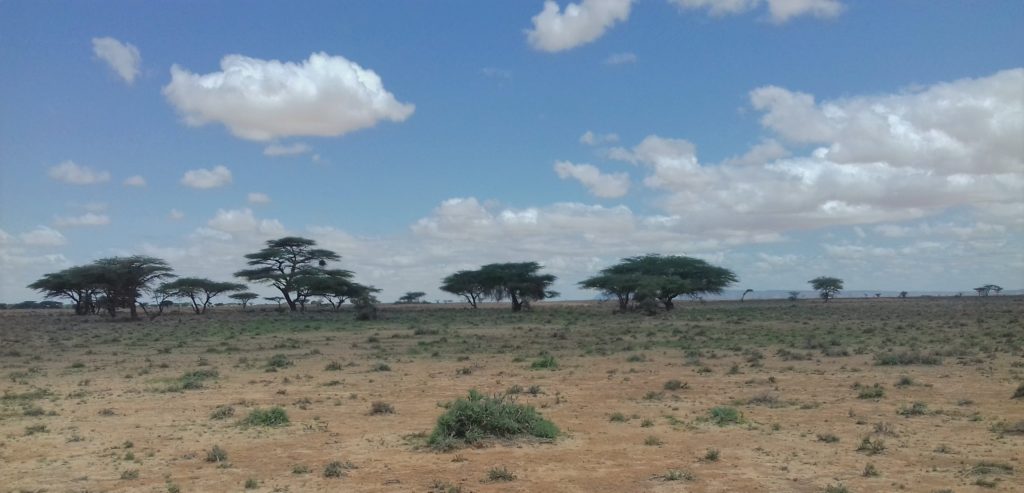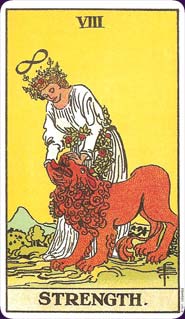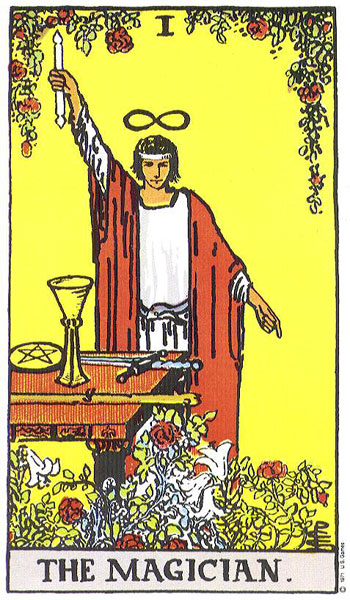(this is the concluding section of the first chapter of my doctoral thesis in preparation, “International Intervention and State-Building in Somalia”, 45 pages. The entire chapter can be downloaded here).

The historic survey of international interventions in Somalia provides us with some interesting insights:
- The Somali state has been an international project that started in the 1950s. State-building has taken place above and along local governance systems, usually clan-based, that have continued to function in the absence of an effective state. Rather than being the fundamental organizing principle of Somali society – as is often assumed – the Somali state is essentially an interface between that society and the international community, brought into being and almost entirely funded by the latter.
- The state provides external resources that can be captured. President Siad Barre had captured and then exhausted this resource as he fought against his rivals. The vestiges of the state—its property of land and buildings, weapons, personnel, reserves, monopoly position regarding taxation, etc.—were either destroyed or divided among many Somali factions in the civil war. Without a state to fight about, Somali society stabilized into forms of local governance in the 1990s.
- As an instrument, the Somali state has mainly been used in a predatory fashion. It has never invested much in education, health and infrastructure. Somali experiences of the state have been overall negative, from Barre’s time to today, when a checkpoint manned by government forces is more likely to result in extorsion, rape or intimidation, than one manned by clan militia or Al Shabaab. This negative perception of the state among the Somali public is not addressed in international state-building plans.
- There is a clear correlation between levels of external financial support and civil strife in Somalia: The more aid, the more war. Both humanitarian and ‘state-building’ assistance are seen as a resource to be captured.
- The one time that a home-grown system of governance was established in most of Somalia, the Islamic Courts Union, it was rapidly destroyed by external intervention. The international community supported the Ethiopian invasion under the banner of the War on Terror. This gave Somalis the impression that the international community is not interested in peace and stability per se, but only on its own terms, through a state that it controls; this leads them to believe that control is the objective of the international presence in Somalia.
- Since 2004 the international community has embarked on a sustained effort to create a new Somali state, based on a federal model. The de facto independence of Somaliland since 1991 has not been recognized. Although many Somalis still contest the legitimacy of the federal state, it appears that acceptance levels are gradually rising, as that state, while still quite powerless, is becoming increasingly stable. The insistence may be paying off, but Somalia remains a failed state by all definitions.
- The international community has always been coy about its involvement in conceiving, building and sustaining the Somali state, making it seem like either a developmental necessity (in the 1950s), or as a request by Somalis themselves (since 1992). Given the systematic dependence on external support, the donors of the Somali state could claim ownership over it, but instead they maintain the fiction of sovereignty and independence.
- There is little historical evidence that the colonial period was a traumatic one in Somalia, and it would be hard to argue that the roots of Somalia’s troubles lie in the policies of colonial powers. In fact, colonial administrators made more efforts to understand and work within the Somali context than interveners do today. The colonial period was disruptive because it was the first contact between Somalis and the ‘modernized’ world, but then prevalent policies sought to preserve and work with local balances of power and traditional self-governance rather than replace/reorganise them as today.
- Until the 1990s, there was a degree of frankness within the international community when discussing the situation in Somalia; since the 2000s, international discourse about its presence and objectives in Somalia has become increasingly out of touch with reality. This is evident, for example, when comparing UN documents about Somalia of the 1940s, 1990s and 2010s. Today, international agencies’ assessments of the context and the actions to be taken therein are often in contradiction with those made by independent experts.
- The disconnect between international intervention and the Somali ground truth has notably increased with the Global War on Terror. Somalia was no threat to the international community, but it has been treated as such since 2001. It can be argued that the War on Terror has spawned radical Islam and extremism in Somalia, rather than preventing it. Despite – or because of – more than a decade of warfare.
- Intervention in Somalia has been justified mostly on humanitarian grounds, both in policy documents and towards international public opinion. However, humanitarian action has been increasingly constrained and diverted for external state-building and counter-terrorism purposes. This has led not only to failure of international assistance when Somalia faced major crises (1991-1993, 2007-2008 and 2011-2012), but also to the loss of impartiality and autonomy, as the aid sector is now amalgamated to the overall Western agenda of forced modernization and is incapable of accessing populations in opposition-held areas.
- Somalia has been a test case where many of the assumptions underlying international intervention have been broken. Both superpowers failed to make Somalia an ally despite considerable investments. The UN intervention failed spectacularly to bring peace and allow humanitarian aid delivery, despite the seminal invocation of Chapter VII of the UN charter and the massive means deployed. The powerful US was routed militarily in 1993. The NGO sector lost its independence. Coordinated donor policies failed to make an impact on the ground. Despite being one of the theatres of the War on Terror and ‘Counter Violent Extremism’ programs, at least half of South-Central Somalia is controlled by Al Shabaab, which has progressively radicalized.
In short, it seems Somalis never aspired to building a state and the international efforts to create one and then support it have met with overall failure. From a study of the internal dynamics of Somali society over the past hundred years, it seems clear that the less intervention in Somalia, the better. It also appears Somali systems of self-governance have been resilient and overall effective, although skewed toward the powerful clans. Why then is the international community still engaged in external state-building in Somalia? After having discarded internal reasons to do so, it is time to consider possible reasons external to the Somali context.







